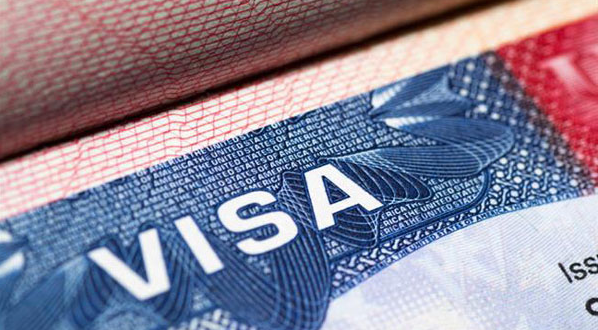The United Kingdom’s immigration policy is at a crossroads, navigating the complex terrain between facilitating legitimate travel and stemming the tide of immigration abuse. Recent reports suggest the UK government is contemplating stricter visa regulations for citizens of Nigeria, Pakistan, and Sri Lanka, countries identified as having higher rates of visa overstays and subsequent asylum claims. This potential shift reflects a growing concern within the UK Home Office about individuals exploiting the visa system, prompting a review of existing policies to identify and address vulnerabilities. While acknowledging the importance of maintaining strong bilateral relationships, particularly with Nigeria, the British High Commission has underscored its dedication to ensuring the integrity of its immigration system. This balancing act underscores the UK’s commitment to welcoming genuine visitors and migrants while simultaneously safeguarding against those seeking to circumvent the rules.
The proposed stricter visa policies, as reported by The Times, would likely entail increased scrutiny of applications from the targeted nationalities, potentially involving more rigorous background checks, financial assessments, and interviews. The rationale behind these measures lies in the perceived higher risk of individuals from these countries overstaying their visas and subsequently seeking asylum, a trend that has raised concerns within the UK government. While the precise details of the proposed changes remain unclear, they are expected to build upon existing restrictions, further tightening the criteria for obtaining UK visas. This approach mirrors a global trend towards stricter immigration controls, as countries grapple with the challenges of managing migration flows and national security concerns.
The potential impact of these changes on Nigeria, in particular, is significant. Nigeria and the UK share a longstanding and robust relationship, characterized by substantial people-to-people exchanges in areas such as education, business, and tourism. However, recent years have witnessed a tightening of UK visa rules for Nigerian applicants, including limitations on bringing dependents and reduced opportunities for post-study work. These restrictions have already resulted in a marked decline in student visa applications from Nigeria, with many prospective students opting for alternative destinations like the United States, despite similar tightening of visa policies there. This shift in student flows underscores the global interconnectedness of immigration policies and the ripple effects of regulatory changes in one country on others.
The tightening of UK visa rules for Nigerians has also manifested in a sharp increase in visa rejection rates. Data from 2024 reveals a dramatic rise in rejections, jumping from one in 31 applications in 2022 to one in eight by late 2023, leading to a 63% drop in UK visas issued to Nigerians over the past year. This escalating rejection rate paints a stark picture of the increasing difficulty Nigerians face in obtaining UK visas, highlighting the growing barriers to legal migration between the two countries. The trend raises concerns about the potential impact on legitimate travel, academic exchanges, and business collaborations, potentially straining the historically strong ties between the UK and Nigeria.
The UK government’s approach to immigration reflects a broader global trend towards stricter border controls and increased scrutiny of visa applications. Driven by concerns about national security, economic pressures, and the perceived strain on public services, many countries are implementing tighter immigration policies. This global shift towards restrictiveness has created a complex landscape for individuals seeking to travel, study, or work abroad, with visa applications facing increased scrutiny and longer processing times. The interconnectedness of global migration patterns means that policy changes in one country can have significant repercussions for others, prompting individuals to seek alternative destinations or abandon their travel plans altogether.
The potential tightening of UK visa rules for citizens of Nigeria, Pakistan, and Sri Lanka is a complex issue with far-reaching implications. While the UK government emphasizes the need to address immigration abuse and maintain the integrity of its visa system, the proposed changes raise concerns about their potential impact on legitimate travel, academic exchanges, and business collaborations. The delicate balance between facilitating legal migration and preventing abuse requires careful consideration, taking into account the potential economic, social, and diplomatic consequences of stricter visa policies. The ongoing dialogue between the UK and affected countries, such as Nigeria, will be crucial in navigating this complex landscape and finding solutions that address both security concerns and the need for international cooperation and exchange.


